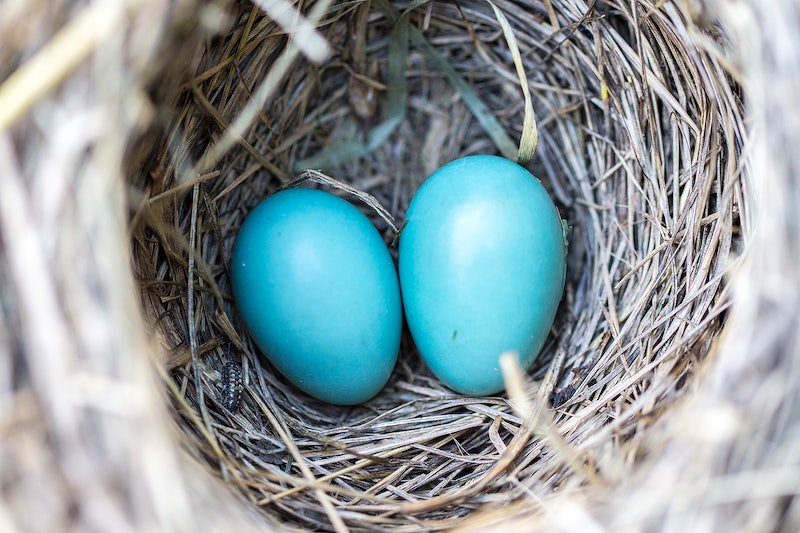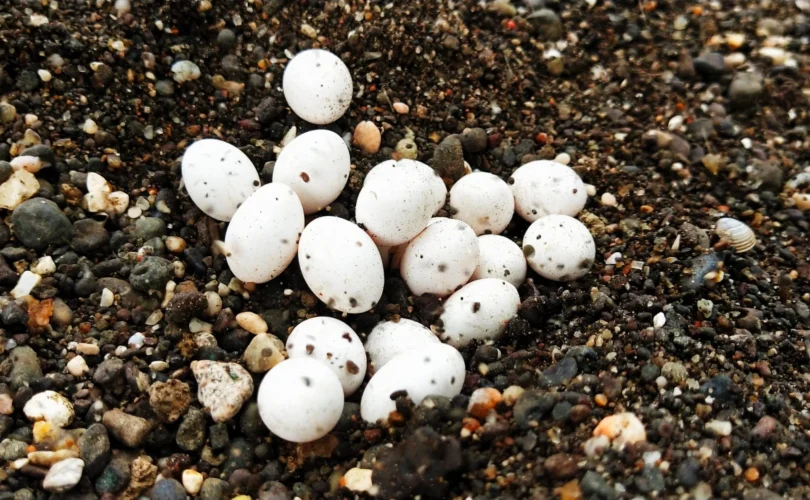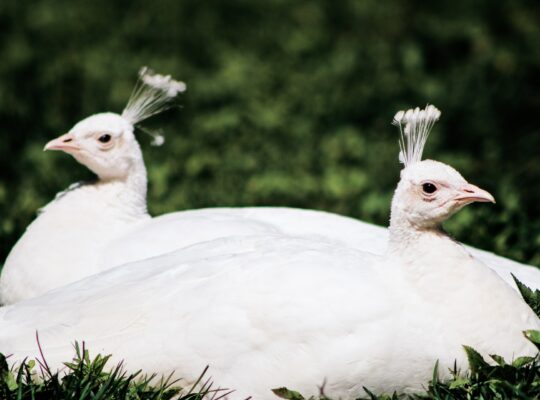The answer is yes, you can eat a peacock egg. In many regions of the world, the peacock egg is regarded as a sign of good fortune and fertility and is prepared as a delectable dish. Peacock eggs are an excellent source of nourishment due to their high levels of protein, minerals, and vitamins. They are also utilised in various forms of traditional medicine because of the widespread belief that they possess therapeutic qualities.
Peacock eggs are smaller and lighter in colour than chicken eggs. They can be boiled, fried, or scrambled and are often served with vegetables or chicken. You can also make omelettes and quiches out of peacock eggs. The yolk is yellow, and the egg white is slightly thicker than a chicken egg. Peacock eggs have a mild flavour and are considered a treat in some countries.
The peacock’s eggs are very healthy because they have a lot of protein, vitamins, and minerals. Peacock eggs also have a lot of omega-3 fatty acids, which are good for the heart and brain. Peacock eggs are also low in cholesterol and have a low glycemic index, making them a good choice for people trying to eat healthily.
Be cautious about boiling peacock eggs properly before consuming them. The egg is done when the whites are firm, and the yolk is no longer runny. The potential for food poisoning will be reduced. It’s also worth noting that peacock eggs, being smaller than average chicken eggs, might be trickier to peel.
In short, many positive health effects are associated with consuming peacock eggs. They are an excellent source of protein, vitamins, minerals, and omega-3 fatty acids. The eggs of the peacock, a bird said to bring good fortune and progeny, are a popular accompaniment to meat, fish, and other plant-based dishes.
However, make sure they are cooked all the way through to eliminate any possibility of food poisoning.
The Health Benefits of Eating Peacock Eggs
Peacock eggs are exotic delicacies that are rising in favour among those concerned with their nutritional value. They still need to be more common than chicken eggs, but they’re getting easier to find. Protein, vitamins, minerals, and other vital ingredients are abundant in peacock eggs. They have a low amount of cholesterol and fat.
Peacock eggs are a good source of protein, which is important for building and repairing muscles and keeping a healthy weight. About 9 grams of protein and only 2 grams of fat are in a large peacock egg. Because of this, they are perfect for people who want to eat more protein without eating a lot of saturated fat.

Peacock eggs are also full of vitamins, and minerals like iron and zinc, as well as vitamins A, B, E, and K. Vitamin A is an important antioxidant that helps keep cells from getting hurt, and B vitamins are needed for a healthy metabolism and to make energy. Vitamin K helps the blood clot, and vitamin E is important for healthy skin. Both iron and zinc are needed for a healthy immune system and for cells to grow and repair themselves.
Omega-3 fatty acids are also found in peacock eggs, which are important for heart health. Studies have shown that omega-3 fatty acids can help reduce inflammation, lower cholesterol and triglyceride levels, and lower the risk of heart disease. Peacock eggs are a great source of antioxidants and are also good for your health. Antioxidants protect cells from damage caused by free radicals and can help lower the risk of some types of cancer.
High-quality protein, vitamins, minerals, and other nutrients are abundant in peacock eggs. Omega-3 fatty acids and antioxidants, both found in abundance, have been linked to a variety of health advantages. Peacock eggs are an excellent option for anyone seeking a novel and healthful dietary source.
How to cook peacock eggs
Peacock eggs are like the eggs of other birds in that they need to be cooked right before they can be eaten. It’s important to remember that peacock eggs are much bigger than chicken eggs, so the cooking time needs to be changed accordingly. You can boil, poach, scramble, or fry peacock eggs, depending on what you like best. The best way to boil peacock eggs is for about 10 minutes at a rolling boil.
Use a shallow pan with boiling water and a splash of vinegar or lemon juice to poach peacock eggs for about 6 minutes. Mix the eggs with a little milk, butter, and seasonings. Then, scramble the eggs until they are cooked all the way through. Use a pan that doesn’t stick, a little butter or oil, and fry the eggs until the whites are set.
Peacock eggs are significantly larger than chicken eggs, thus the recipe may need to be changed to account for the difference in egg size. One peacock egg could be the same as two or three chicken eggs, depending on their size. Remember to increase the baking time by a few minutes when using peacock eggs in a recipe that calls for regular eggs. Use a double boiler while cooking with eggs to avoid curdling the custard or cream.
Peacock eggs are much more fragile than chicken eggs, so you should be careful when handling them. If you don’t want to break the egg, it’s best to use a sharp knife or egg scissors to crack it open. Peacock eggs can also be added to salads, omelettes, and quiches to make them more interesting and unique. Peacock eggs can be a tasty and healthy part of any meal if they are cooked with a little extra time and care.
What colour are peacock eggs
Peacock eggs are typically cream or pale green. They have smooth, glossy surfaces and are often dotted with brown or grey spots. The colour of the eggs is determined by the pigments present in the shell and can vary depending on the environment in which the bird is laying its eggs.
For example, eggs laid in environments with high levels of humidity or exposure to sunlight may appear lighter or brighter in colour than eggs laid in shaded or darker environments. The green or cream colour of the eggshell helps to camouflage the eggs from predators and also helps to regulate the temperature of the eggs, keeping them at a constant, optimal temperature for incubation. Despite their relatively uniform appearance, peacock eggs are unique, with each egg having its own unique pattern of speckles and colouring, making them a fascinating subject for ornithologists and bird lovers alike.
Peacock eggs have been hailed as a tasty and healthy delicacy. In addition to being a good source of protein, eggs are also a good source of a wide variety of other nutrients. They have a lot of taste and are versatile in the kitchen.
Peacock eggs, with their delicate off-white hue, are a stunning decoration for any table. Peacock eggs are a unique and nutritious alternative to more common eggs, but they may take some time for some people.







